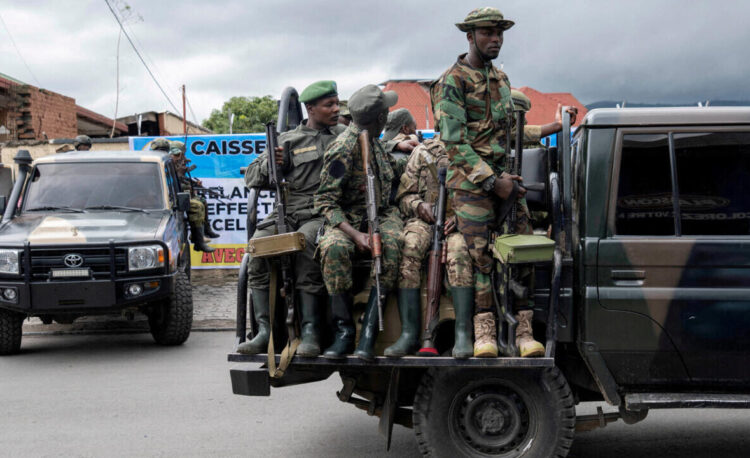While the peace agreement between the DRC and Rwanda signed on 27 June 2025 in Washington raises hopes of a de-escalation, the internal dynamics of the AFC/M23 and its growing foothold in the east of the DRC cast major doubt over the success of the process.
The Alliance Fleuve Congo (AFC/M23) is going through a period of internal turbulence that could have an impact on the dialogue taking place in Doha, Qatar, because of differences of opinion. A confidential report by the UN Group of Experts reveals that controversial appointments within the group and the announcement of the return of former president Joseph Kabila to the DRC via Goma have rekindled deep divisions between rival factions.
According to the report dated 20 April 2025, tensions are intensifying between the so-called “historic” Rwandan and Ugandan factions that make up the heterogeneous structure of the AFC/M23. This dissension is said to have prompted the Rwandan government, the movement’s main supporter, to consider appointing former general Laurent Nkunda to a strategic post within the rebellion in order to “restore cohesion and strengthen popular support”. “Corneille Nangaa, initially presented as the political face of the AFC/M23 to reframe the rebellion as a Congolese problem, has been gradually sidelined by #Rwanda. The main reason for this change is Nangaa’s personal ambition to seize power in Kinshasa by force. While Rwanda and the M23 supported the idea of regime change, they were not in favor of a military campaign aimed at Kinshasa”, says the UN experts report. “Internal tensions have arisen within the AFC/M23, exacerbated by disputed internal appointments and the controversial announcement of the return of former president Joseph Kabila to eastern DRC. To restore unity, Kigali is reported to have planned to appoint Laurent Nkunda, who is under sanctions, to an important post”, says the report.
Kigali leading military operations
“Similarly, RDF operations were decisive in securing control of Bukavu, which was taken without urban combat [on 16 February]”, the report summarizes. Other towns were conquered with RDF support, such as Lubero and Walikale. Their withdrawal from Walikale was then decided “on the direct orders of the Rwandan government, which once again confirms Rwanda’s control and command of the AFC/M23”, say the reporters.
In a meeting with the press in Kigali on Friday 04 July 2025, Rwandan President Paul Kagame added: “Rwanda will always do what it has to do when the FDLR is along its border.” This speech comes as the Rwandan-backed M23 rebellion controls the provinces of North and South Kivu.
“The military and political leaders of the AFC/M23 continued to receive instructions and support from the Rwandan government and its intelligence services. The Rwandan-Congolese Fred Ngenzi Kagorora and Brigadier General Patrick Karuretwa maintained frequent contact with Makenga, Bisimwa and “Colonel” Imani Nzenze”, states the report of the group of experts submitted to the sanctions committee of the United Nations Security Council.
Written by Akilimali Chomachoma

